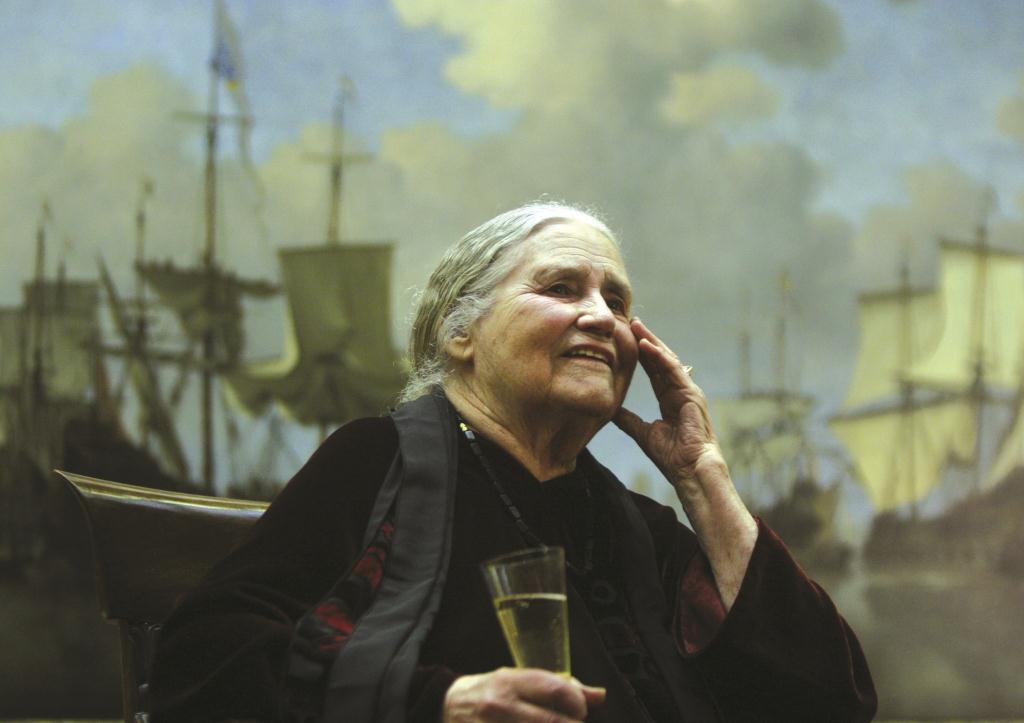More than a year ago, the literary world lost a towering figure, the English writer, Doris Lessing. The writer died in her London home on November 17 2013, six years after she became the oldest person – and the 11th woman – to receive the Nobel Prize for Literature.
Born in 1919 to English subjects in what was then known as Persia, Lessing’s father, lured by the prospect of riches through maize-farming, moved the family, to what is now Zimbabwe, in 1925.
Lessing famously described her childhood as an “uneven mix of some pleasure and much pain”. She ran away from school in Harare (then Salisbury), and her family, at 14, effectively bringing her formal education to an end. She, like many female colonial writers of her time, took over her education and styled herself as a self-educated intellectual.
In 1949, a political and outspoken Lessing was forced into exile by the 1st Viscount Malvern, then Prime Minister of Southern Rhodesia, for her “subversive activities” and “upsetting the natives”.
She moved to London where her legendary debut, The Grass Is Singing, was published, beginning her career as a prolific writer.
Loading...
Lessing was a self-proclaimed recluse. She told the BBC in a rare 1993 interview: “I very much like being by myself…I am practical, I think I’d very much enjoy being a castaway.”
But despite the love of being by herself, Lessing gave back. Her parting gifts to Zimbabwe, the only world she had known in her younger years, were 3,000 titles from her personal collection to a leading public library in Harare.
In her Nobel Prize speech in 2007, she hinted at this saying: “Everybody I met [in Zimbabwe], everyone, begged for books.”
The writer was 94 when she died.
Loading...
